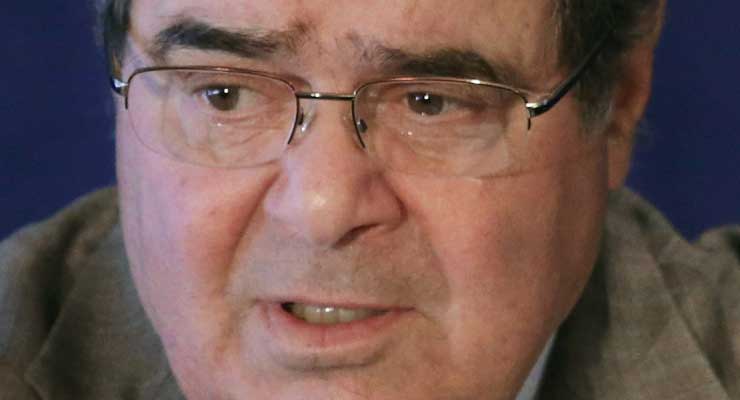
A worrying redistricting legacy from the Supreme Court has left unhealed wounds in the democracy
From the Brennan Center:
When Justice Antonin Scalia delivered the unanimous opinion of the Court in Shapiro v. McManus in December, no one suspected it would be one of his final decisions. The dry ruling on a technical issue contained none of the color, passion, or humor that often characterized his writing. Nonetheless, the Shapiro decision could turn out to be one of the most significant of the term because it set the stage for partisan gerrymandering to return to the Supreme Court for the first time in a decade.
The Court deadlocked when it last took up the question in Veith v. Jubelirer in 2004, with Justice Scalia writing a vigorous plurality decision holding that the issue was beyond the scope of the judiciary. Very little has changed in the legal landscape surrounding partisan gerrymandering in the years since Vieth.
But now, if this case or a similar partisan gerrymandering challenge out of Wisconsin reaches the Supreme Court (as seems likely), they will face a very different Court. Only Justice Thomas remains of the Vieth plurality and four of the newer justices have yet to weigh in on the issue. So what recently might have looked like a narrow opportunity to sway Justice Kennedy and eke out a 5-4 decision suddenly looks very different and potentially much more hopeful.
Read more from Michael Li about Justice Scalia and partisan gerrymandering here.
Leave a Reply